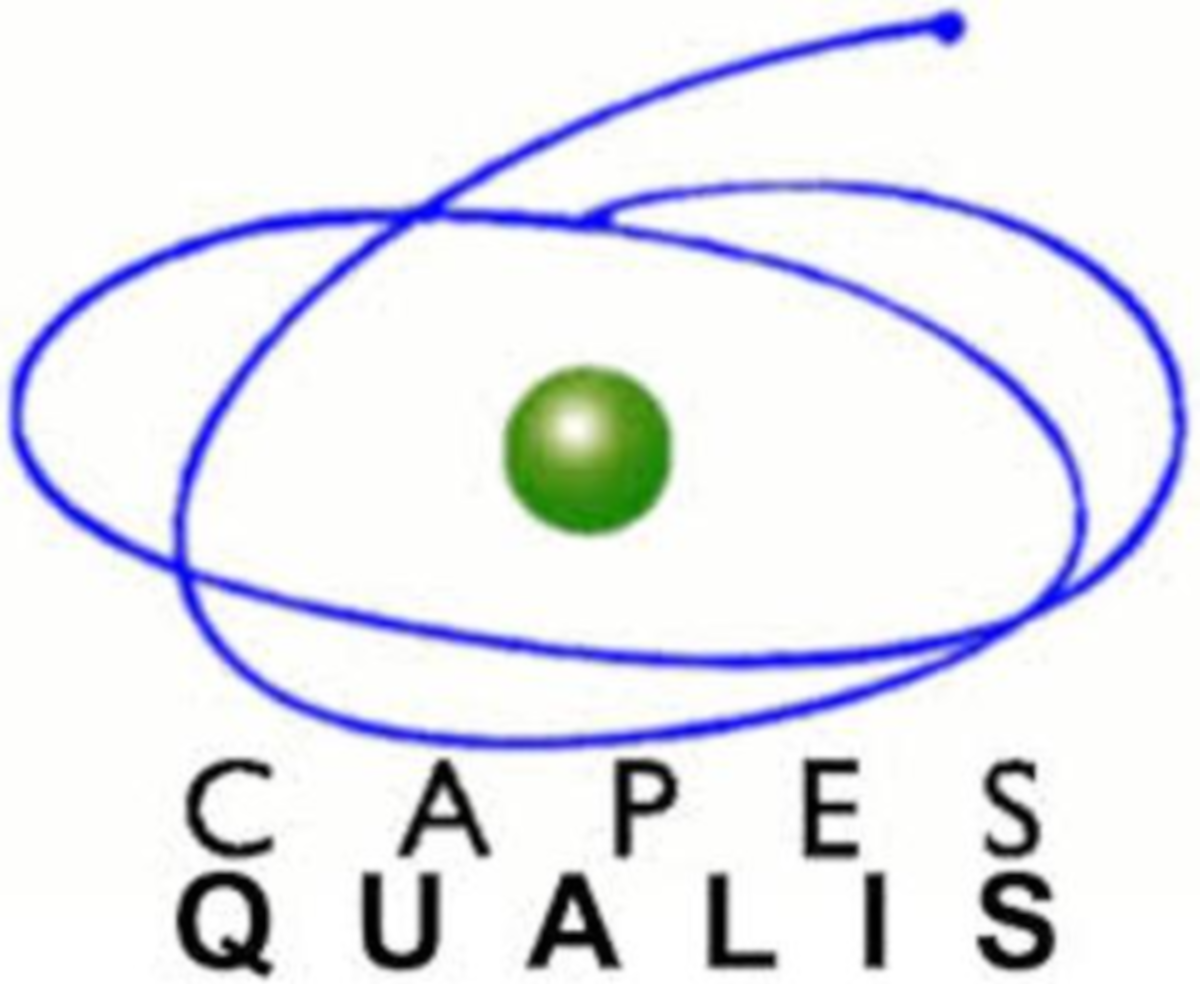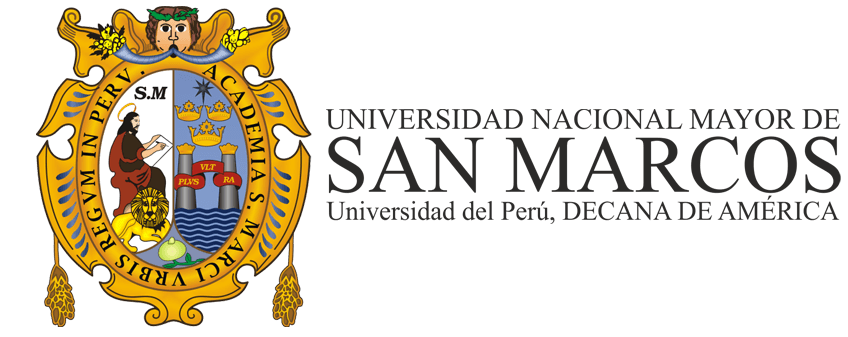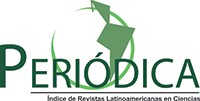Ontological relativism in epistemological constructivism: pragmatism of the bioecotoximonitor in aquatic ecotoxicology
DOI:
https://doi.org/10.62430/rtb20242221833Keywords:
aquatic ecotoxicology, bioecotoximonitor, constructivism, pragmatism, relativismAbstract
Aquatic ecotoxicology faces the challenge of assessing the effects of pollutants on aquatic ecosystems with traditional methodologies that are often insufficient. The objective of the study was to describe ontological relativism in epistemological constructivism from the pragmatism of the bioecotoximonitor in aquatic ecotoxicology. The concept of the bioecotoximonitor emerges as an innovative solution, seeking to integrate and expand these methodologies for a more dynamic and holistic assessment. Based on ontological relativism, which views ecological reality as a dynamic construct, and epistemological constructivism, which understands knowledge as a construction based on interactions, the bioecotoximonitor offers a robust theoretical framework. This approach allows for a more nuanced understanding of ecosystems by considering the variability in organism responses to pollutants. The pragmatism of the bioecotoximonitor, which integrates qualitative and quantitative information, promises a more comprehensive and adaptive evaluation. It is concluded that, although the bioecotoximonitor requires empirical validation, it represents a significant advancement for more accurate environmental management, addressing the complexity of aquatic ecosystems and offering more effective tools for their conservation.
Downloads
Published
How to Cite
Issue
Section
License

This work is licensed under a Creative Commons Attribution-NonCommercial-NoDerivatives 4.0 International License.
Objeto: El AUTOR-CEDENTE transfiere de manera TOTAL Y SIN LIMITACIÓN alguna al CESIONARIO (Revista The Biologist (Lima)) los derechos patrimoniales que le corresponden sobre sus obras por el tiempo que establezca la ley internacional. En virtud de lo anterior, se entiende que el CESIONARIO adquiere el derecho de reproducción en todas sus modalidades, incluso para inclusión audiovisual; el derecho de transformación o adaptación, comunicación pública, traducción, distribución y, en general, cualquier tipo de explotación que de las obras se pueda realizar por cualquier medio conocido o por conocer en el territorio nacional o internacional.
Remuneración: La cesión de los derechos patrimoniales de autor que mediante este contrato se hace será a título gratuito.
Condiciones y legitimidad de los derechos: El AUTOR-CEDENTE garantiza que es propietario integral de los derechos de explotación de la(s) obra(s) y en consecuencia garantiza que puede contratar y transferir los derechos aquí cedidos sin ningún tipo de limitación por no tener ningún tipo de gravamen, limitación o disposición. En todo caso, responderá por cualquier reclamo que en materia de derecho de autor se pueda presentar, exonerando de cualquier responsabilidad al CESIONARIO.
Licencia de acceso abierto: El AUTOR-CEDENTE autoriza que manuscrito publicado en la Revista Científica The Biologist (Lima) (versión Impresa ISSN 1816-0719, versión en línea ISSN 1994-9073) permanece disponible para su consulta pública en el sitio web http://revistas.unfv.edu.pe/index.php/rtb/index y en los diferentes sistemas de indexación y bases de datos en las que la revista tiene visibilidad, bajo la licencia Creative Commons, en la modalidad Reconocimiento-No comercial- Sin Trabajos derivados –aprobada en Perú, y por lo tanto son de acceso abierto. De ahí que los autores dan, sin derecho a retribución económica, a la Escuela Profesional de Biología, Facultad de Ciencias Naturales y Matemática de la Universidad Nacional Federico Villarreal (EPB - FCCNM - UNFV), los derechos de autor para la edición y reproducción a través de diferentes medios de difusión.









































